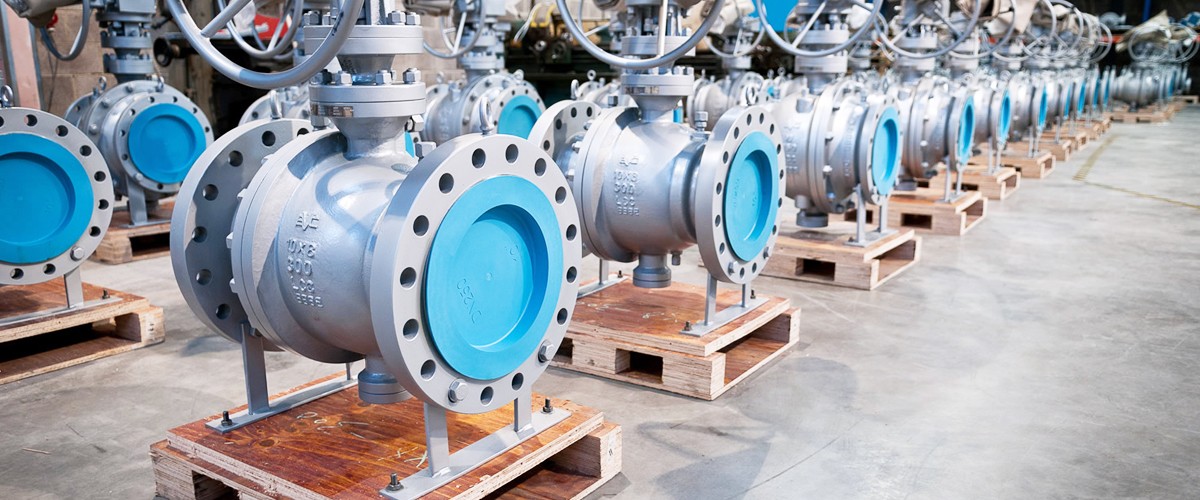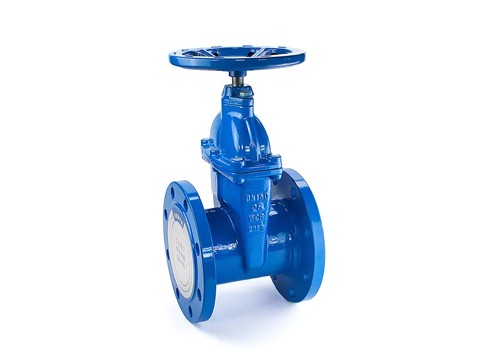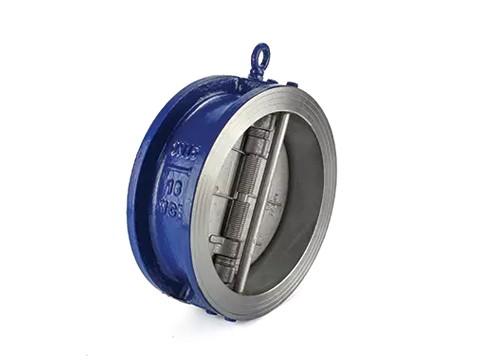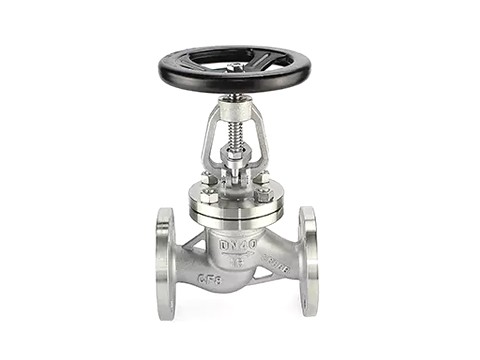
COVNA debuts at the 25th China Environment Expo · Shanghai Exhibition
From April 18 to 20, 2024, the three-day 25th China Environment Expo was held as scheduled at the Shanghai New International Expo Center. This flagship

Industrial valves play a crucial role in regulating the flow of fluids and gases within various industrial processes. From controlling water flow in a municipal water treatment plant to managing the flow of chemicals in a refinery, valves are essential components in a wide range of applications. In this comprehensive guide, we will explore different types of industrial valves and their diverse applications.
Gate valves are one of the most commonly used valves in industrial applications. They feature a sliding gate or wedge that controls the flow of fluid through the valve. Gate valves are ideal for applications requiring on/off control without pressure drop limitations. They are commonly used in pipelines for water, oil, and gas systems.

Ball valves utilize a spherical disc to control the flow of fluid. When the valve is in the open position, the ball allows fluid to pass through the valve freely. Ball valves offer excellent shut-off capabilities and are commonly used in applications requiring tight sealing, such as in the petrochemical industry.

Butterfly valves feature a disc that rotates on a shaft to control the flow of fluid. They are compact and lightweight, making them suitable for applications where space is limited. Butterfly valves are commonly used in HVAC systems, water treatment plants, and food processing industries.

Check valves, also known as non-return valves, allow fluid to flow in only one direction. They prevent backflow and protect equipment from damage caused by reverse flow. Check valves are commonly used in pump systems, wastewater treatment plants, and chemical processing industries.

Globe valves feature a globe-shaped body and a movable disc or plug that regulates the flow of fluid. They provide precise flow control and are commonly used in applications requiring throttling or regulating flow. Globe valves are widely used in steam systems, boiler feedwater control, and high-pressure hydraulic systems.

In conclusion, industrial valves come in various types and are essential components in numerous industrial applications. Understanding the different types of valves and their respective applications is crucial for selecting the right valve for your specific needs. Whether you’re managing fluid flow in a chemical plant or regulating water flow in a municipal system, choosing the appropriate valve can ensure optimal performance and efficiency in your operations.

From April 18 to 20, 2024, the three-day 25th China Environment Expo was held as scheduled at the Shanghai New International Expo Center. This flagship

With the arrival of spring, we are welcoming the challenges and opportunities of the first quarter of 2024. In this season full of passion and

In today’s industrial landscape, valves play a critical role in controlling the flow of fluids within various systems. Whether it’s managing water, steam, gas, or